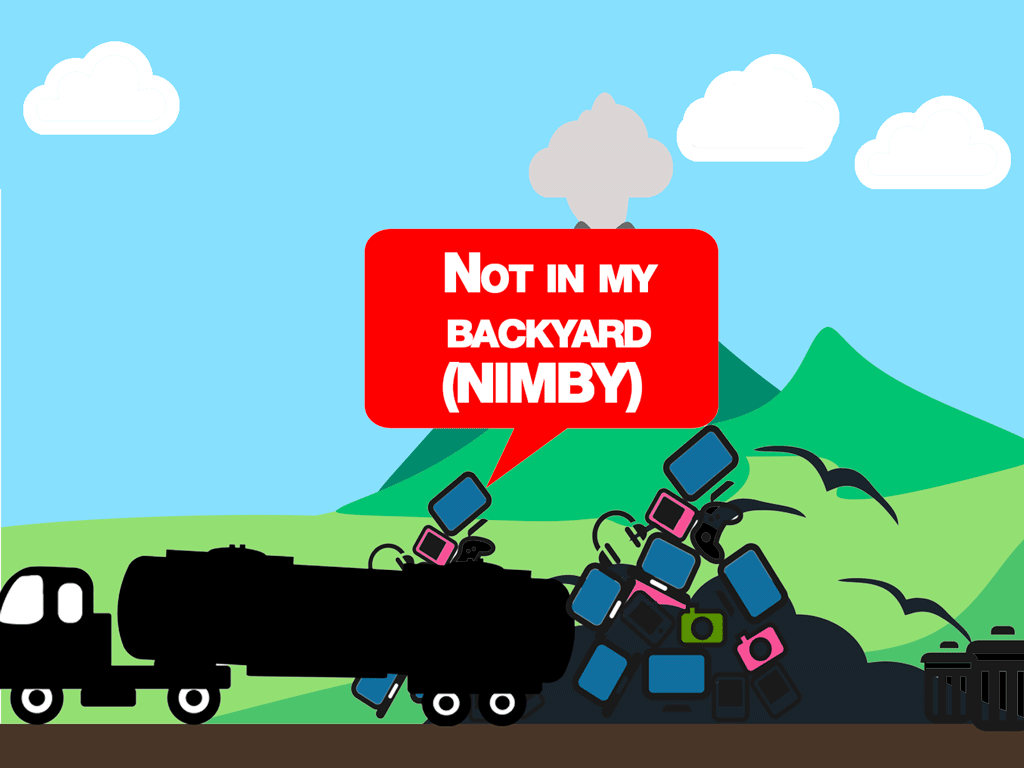Wrote a similar thing once, but here’s kinda where I’m at with this general topic: I don’t love Bill Maher at all, but last weekend on his show, he had Ezra Klein and Jon Tester on the panel, and Klein is talking about how high-level California government does want high-speed rail, but when you get it to the county level or the neighborhood level, people go all NIMBY because while they like the idea, they don’t want it impacting their families directly. That’s all kind of addressed in this article.
Then, this morning I listened to a Prof G podcast episode on “The Algebra of Wealth,” which features a long discussion with Noreena Hertz, an academic. Hertz talks about the sociological connective breakdowns of society that were happening even before COVID — we’ve been talking about this stuff for generations, at least back to Bowling Alone — but now she says (and she’s right) that it’s worse. If you used to go to yoga consistently and now you can’t, well, yoga is a form of human interaction. You need to say hi to people, smile, figure out where to put your mat, etc. It’s a broader foray into community and social norms. So is the grocery store. So is any of that stuff.
But now we have this huge rise in e-commerce — something like 74% of the businesses created in the USA in 2020 were e-comm — and we have these lockdowns and restrictions. I live in Texas so I don’t feel them as overtly, but I know many that do.
OK, so there’s less connection to broader community, right? And there’s always been NIMBY? That means people with families are spending more time with their families, and while that’s ideally a good thing, it’s also a potential mental health thing that we’ll probably write some academic papers about but broadly ignore for the next 20 years.
As people spend more time with their families, though — or a “pod” of like-minded loved ones — I would think NIMBY is only going to scale and grow and rise even faster.
Because if you don’t really see and interact with a broader community of different people — if you’re chasing algorithmic pens digitally and silos on video calls at work and most of your real, IRL time is familial — then obviously you’re going to want to protect your family above all.
And that’s logical, and not really selfish. But how we can speak about “unity” or “community” when our consistent focus is on like-minded people?
If we keep making decisions for our family over a sense of greater good, then will anything major really change?
Thoughts?

Ted, great points. I’d listened to that same podcast and found the discussion of her recently published book “The Lonely Century: Coming Together in a World that’s Pulling Apart” to be, well, pretty depressing. Social media and constant Zoom calls seem to make us feel LESS connected, not more so. I really enjoy getting outside and taking walks or riding my bicycle, but realize many people don’t make the same effort. I live in apartment building where most of my neighbors, when they come out, just walk around like zombies, seemingly afraid of making eye contact. It’s really sad.
I’m looking forward to the return to more normalcy, but fear that we’ll never get back to where we were in 2019, just like the joy of flying largely went away after 9-11.